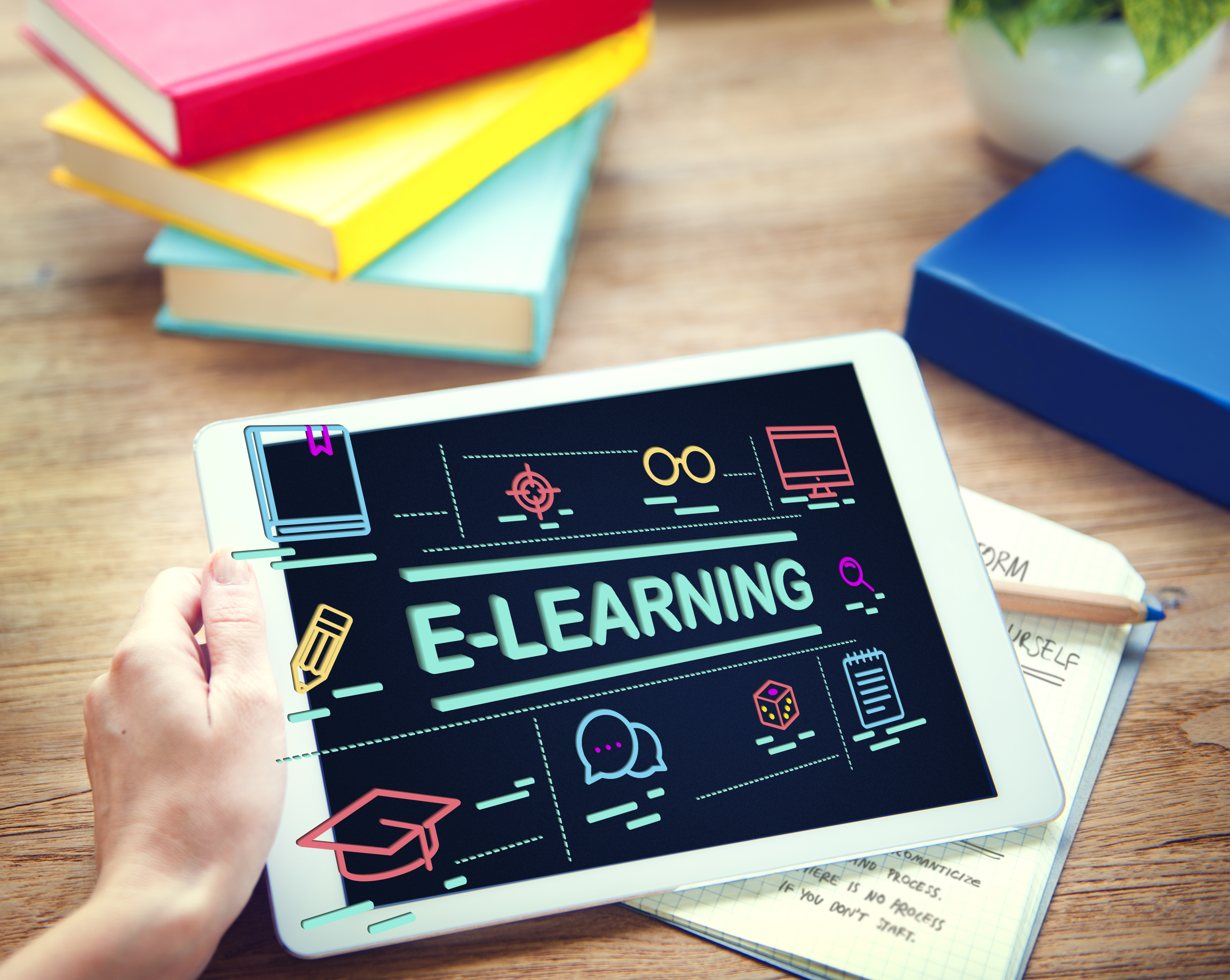
As the digital world evolves into the next generation of advanced user interface systems, e-learning development is continually transforming to meet the needs of learners and organizations alike. In 2024 and 2025, the e-learning landscape is set to witness several key trends that promise to enhance learner engagement, retention, and the overall experience, bringing human cognition closer to AI-based interfaces. From innovative technologies to personalized learning paths, humanity will witness an exciting convergence of cutting-edge tools and strategies. For businesses, educators, and developers, staying updated on these trends is crucial for remaining competitive.
AI-Powered Personalization
Artificial Intelligence (AI) has been making waves across industries, and e-learning development is no exception. AI-powered personalization is one of the most promising trends, enabling customized learning experiences for individual users as well as for organizations. With AI, course materials can adapt in real-time based on the learner’s performance, preferences, and progress. This personalization ensures that learners always engage with content at their optimal level. AI can also support the development of adaptive assessments, which change in difficulty depending on the user’s responses.
Microlearning and Bite-Sized Learning
In today’s fast-paced, information-packed world, attention spans are shrinking with each passing day. Microlearning addresses this challenge by breaking down complex topics into smaller, easily digestible modules. This trend has gained momentum in e-learning development due to its ability to deliver learning in bite-sized chunks that can be consumed in short periods. In the near future, this approach is expected to become even more prevalent, with learners increasingly seeking content they can access via their devices.
Immersive Learning
Augmented Reality (AR) and Virtual Reality (VR) are revolutionizing e-learning development by providing immersive, hands-on experiences for learners. These technologies allow learners to practice real-world skills in simulated environments without risk. For instance, medical students can perform virtual surgeries, and engineers can navigate virtual construction sites. AR and VR will continue to expand beyond gaming and entertainment, becoming core components of corporate training, educational institutions, and even soft skills development.
Mobile-First Learning
With smartphones now in nearly every hand, mobile-first learning has become essential in modern e-learning development. Learners want to access content anytime, anywhere, and on any device. The emphasis on mobile-first design will continue to grow, making it crucial for developers to ensure all content is optimized for mobile use. This trend includes not only responsive design but also the development of mobile-specific features like offline learning, push notifications, and in-app assessments.
Gamification and Game-Based Learning
Gamification, the practice of incorporating game-like elements into learning experiences, remains a popular trend. E-learning development will see more gamified content, from leaderboards and badges to point systems and challenges . These features boost motivation, making learning more engaging and fun. Game-based learning goes further by using actual games as the learning platform, particularly useful for complex subjects where interactive problem-solving enhances understanding.
Social Learning and Collaboration
Learning is inherently social, and e-learning development increasingly embraces this fact. Social learning will play a major role in e-learning platforms, enabling learners to collaborate, share knowledge, and solve problems collectively. Features such as discussion forums, peer feedback systems, and group projects will become more integrated into e-learning environments. This trend is especially valuable in corporate training settings, where teams can work together in virtual spaces to complete tasks or learn from one another’s experiences.
Data-Driven Learning Analytics
Analytics have always been important in e-learning, but the role of data in e-learning development will become even more critical. Learning analytics involves gathering data on how learners interact with content, how much time they spend on activities, and how well they perform on assessments. This data allows instructors and organizations to identify areas where learners may be struggling and adjust content or strategies accordingly.
Lifelong Learning and Continuous Development
As the world of work evolves, continuous learning has become essential for career growth, and e-learning development will increasingly focus on lifelong learning. Platforms will offer flexible learning options such as micro-credentials and nanodegrees, allowing learners to acquire new skills quickly and apply them immediately in their professional lives.
Sustainability in E-Learning
Sustainability is an emerging trend that will impact e-learning development as organizations prioritize eco-friendly practices. E-learning can play a key role by reducing the need for travel, paper-based materials, and physical resources. While digital learning platforms are inherently eco-friendly, there is potential to go further by adopting green practices in content delivery, optimizing energy usage in data centers, and promoting digital minimalism.

